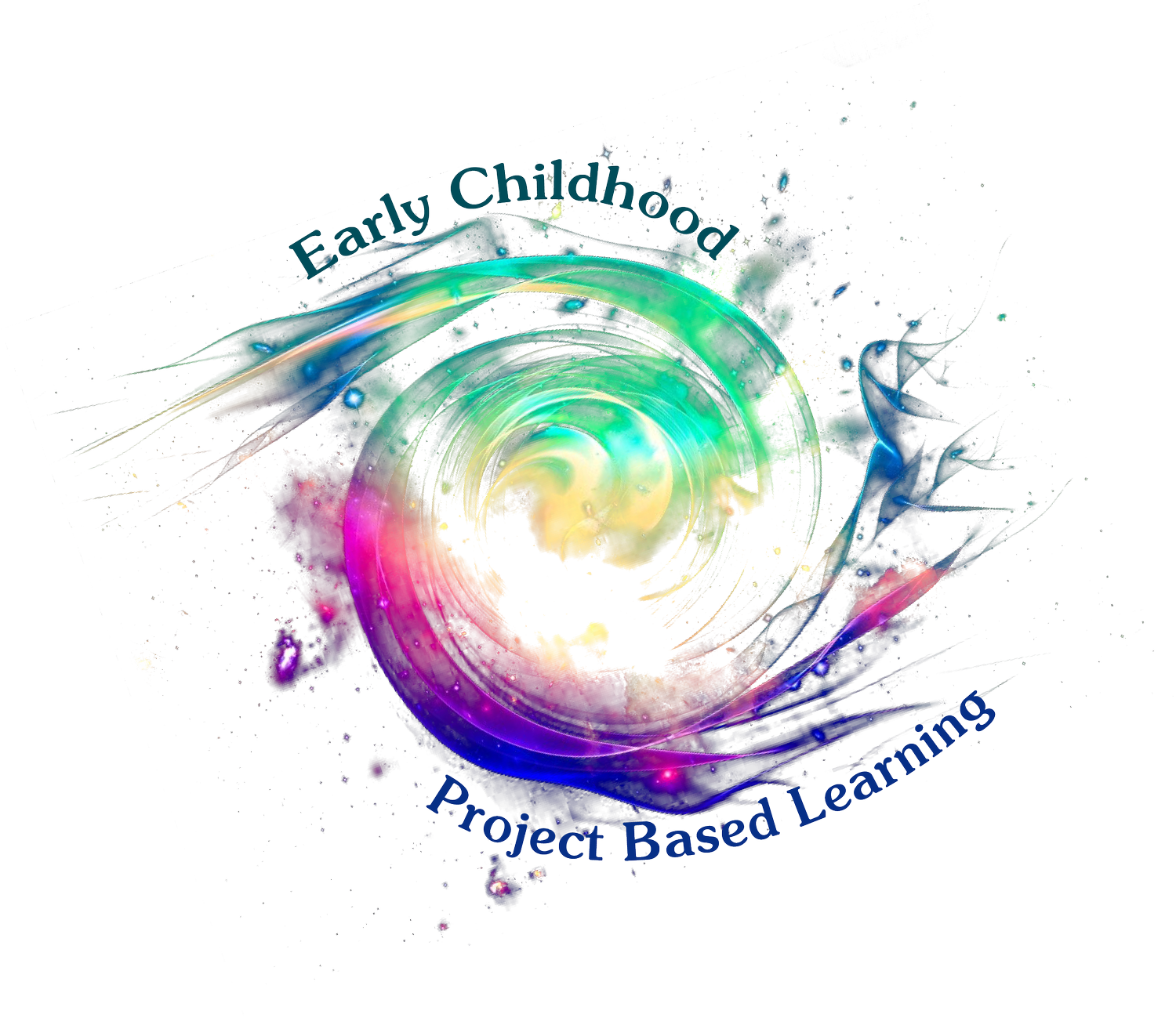Little Hands, Big Impact: A Journey into Sustainable Birthday Celebrations
Picture a classroom buzzing with excitement, where curious minds, aged 3 to 4, embarked on a quest to redefine birthday celebrations.
In the vibrant landscape of early childhood education, nurturing 21st-century skills is not just a goal but a necessity. It’s about fostering creativity, critical thinking, empathy and SEL skills, all while instilling a sense of responsibility towards the environment. This was the ethos guiding our project "Birthday Buddies: Little Hands,Big Impact", where 18 young learners aged 3 to 4 from Nursery embarked on an enriching journey that intertwined sustainability, creativity, and authentic engagement.
Inquiry
Inquiry was at the heart of our project, with students immersing themselves in the exploration of sustainability and birthday celebrations. From researching eco-friendly practices to experimenting with recycled materials, our students were actively engaged in authentic experiences that empowered them to become agents of change in their communities. Our Driving Question was, "How can we celebrate birthdays that make our friends and our Earth happy?" The culmination of their efforts was a sustainable birthday celebration kit—a tangible outcome showcasing their creativity and environmental stewardship.
Project Beginnings
This project began when we gently introduced the issue of balloon litter, aiming for environmental awareness after an eventful class birthday party. There was confusion on the children's faces as they considered the fate of balloons after the party. That is when we got the opportunity to highlight the environmental impact of balloon disposal, encouraging critical thinking. The children expressed concern about harming animals and the environment, prompting a quest for alternatives. With newfound environmental awareness, the nursery students eagerly dove into sustainable birthday practices.
Yet again we got the opportunity when one student excitedly showed off a colorful plastic toy from a birthday party favor bag. We seized the opportunity to spark a conversation, asking where these toys come from and what happens to them after we're done playing. This led to a discussion about celebrating birthdays in a way that's fun and kind to our planet. That's when we got the opportunity to again pose the question: "How can we make birthdays special while being kind to the earth?" We suggested eco-friendly options like paper decorations or recycled materials for birthdays, stressing collective responsibility. This ignited curiosity and set the stage for planning sustainable birthday celebrations.
Learning Goals
Our goals for this project were multifaceted. We aimed not only to impart content-specific knowledge but also to nurture social-emotional learning (SEL) outcomes and essential 21st century skills. Through a combination of assessments, including observations, reflections, and student-led presentations, we gained valuable insights into their content knowledge, skills, and learning processes. Here are some examples from the project.
Social and emotional learning (SEL) was embedded into our project through intentional activities aimed at fostering self-awareness, social awareness, and relationship skills. Through reflections on their own preferences and feelings, students developed a deeper understanding of themselves and their impact on others and the environment.
Literacy During storytime, we read and discussed books with eco-friendly themes. Journaling was a regular practice in our classroom and also a form of assessment. Students were provided with prompts such as "How can we be kind to the Earth?" or "How can we make birthdays fun and also take care of the Earth?" Students were encouraged to draw or scribble freely and reflect on their own experiences and behaviors.
Creativity was at the forefront as students unleashed their imaginations through the design and creation of eco-friendly decorations for birthday festivities. They crafted birthday invitations from recycled paper and newspaper. Together, they fashioned a vibrant birthday banner using the tie-dye technique, utilizing vegetable fabric dye for a sustainable touch and made a decorative tablecloth adorned with patterns inspired by basic shapes. Each child personalized a tote bag by tracing their initial and embellishing it with recycled materials. They also individually created paper cup wind chimes, paper fans, and other decorations.
21st Century Skills
Critical Thinking: brainstorming, evaluating options, problem solving
Communication: expressing ideas effectively
Collaboration: how to cooperate, negotiate, and compromise
Community Support
As our project unfolded, we were fortunate to receive support from various community partners. The children gained valuable insights from the DIY party planner on organizing outdoor birthdays with do-it-yourself decorations and setups. They acquired skills from the goodie bag maker, discovering how to craft personalized party favor bags using simple paper and elevate their appearance. Later, they applied these newfound skills to create their own decorations and tote bags, offering a unique alternative to traditional goodie bags. Through hands-on activities conducted in class, they learned innovative decoration techniques.
Final Thoughts
"Birthday Buddies: Little Hands, Big Impact" was not just a project; it was a symphony of discovery, creativity, and empowerment. Through sustainable birthday celebrations, our young learners not only learned valuable lessons about environmental stewardship but also forged connections, built skills, and made a positive impact on their world.
Maryum Ali Chohan brings an extensive background in early childhood education, having dedicated the past five years to enriching young minds in the preschool setting. As a seasoned practitioner of Project-Based Learning (PBL), she brings four years of expertise to her role. Currently, she serves as an educator at TNS Beaconhouse DHA, an International Baccalaureate (IB) School renowned for pioneering PBL in Pakistan.



